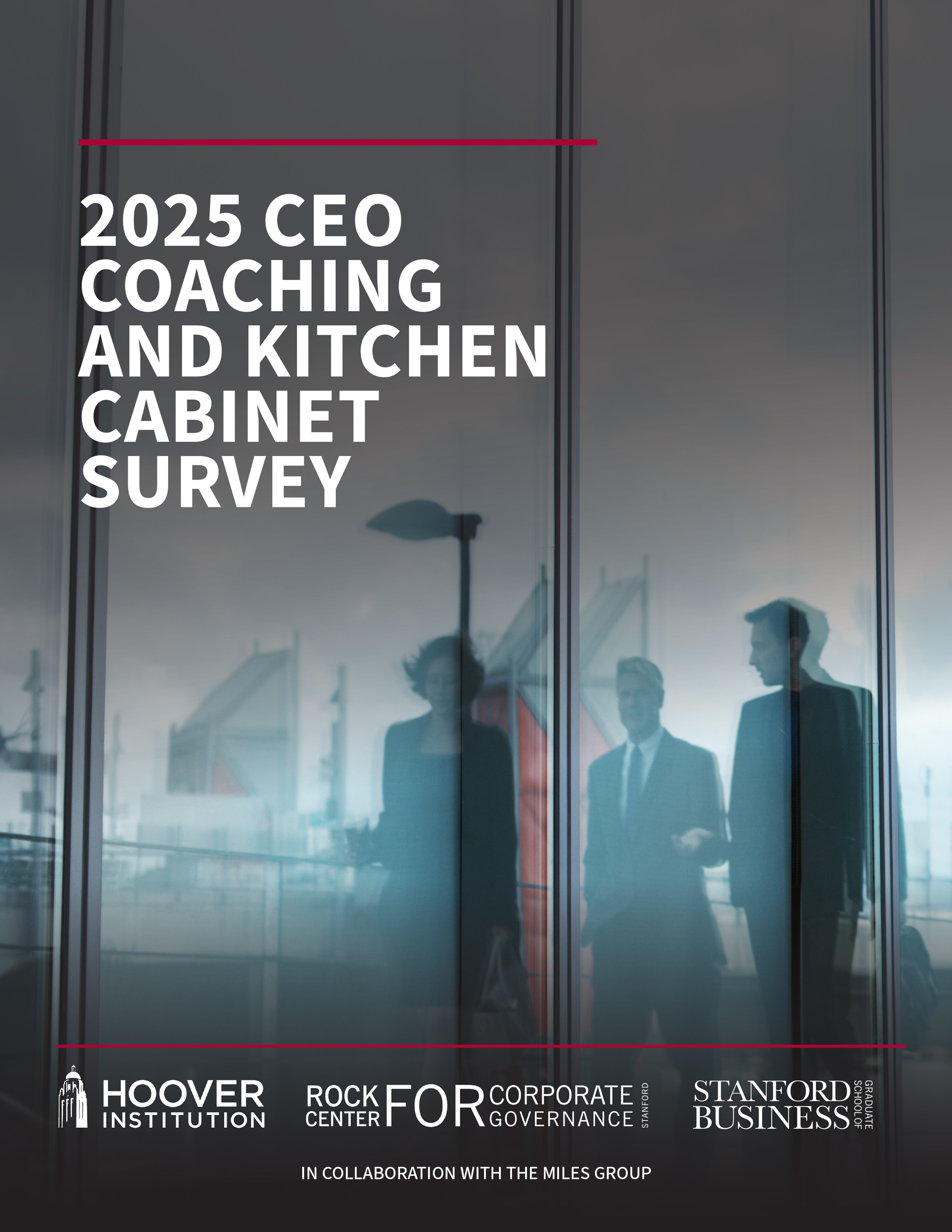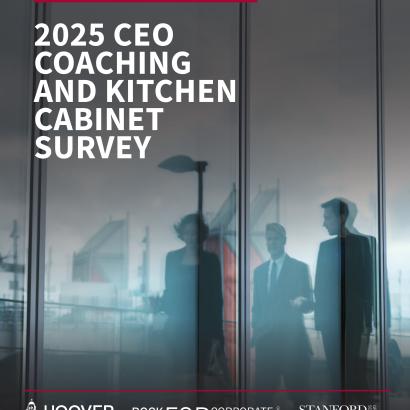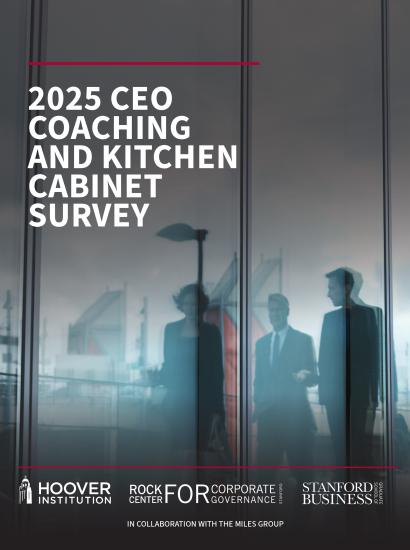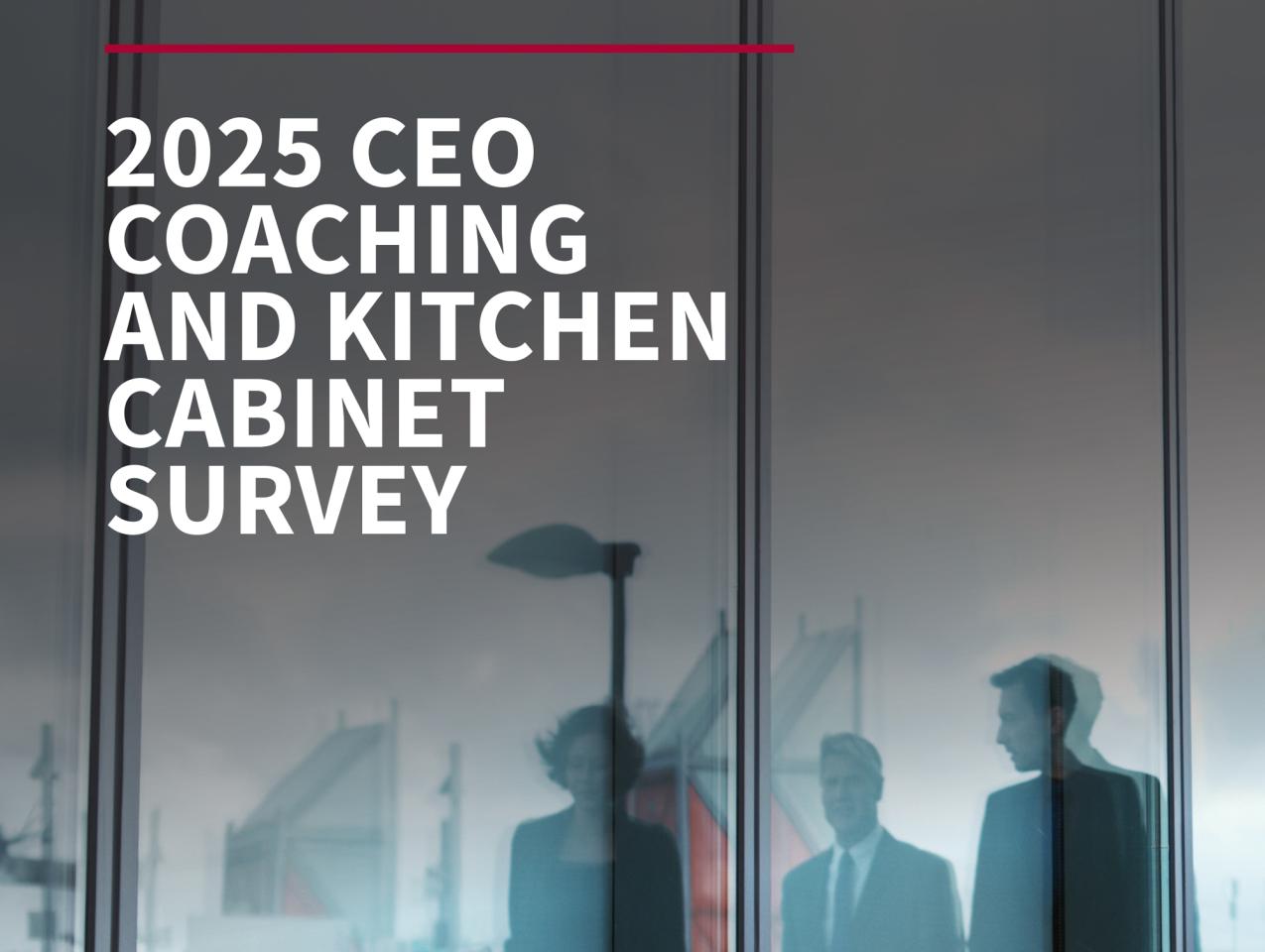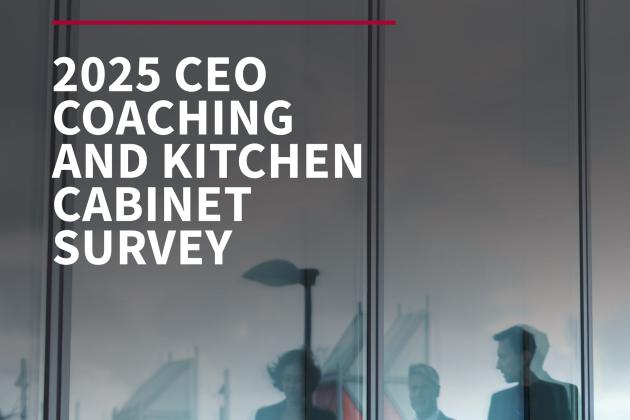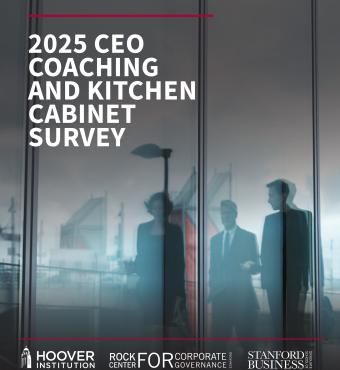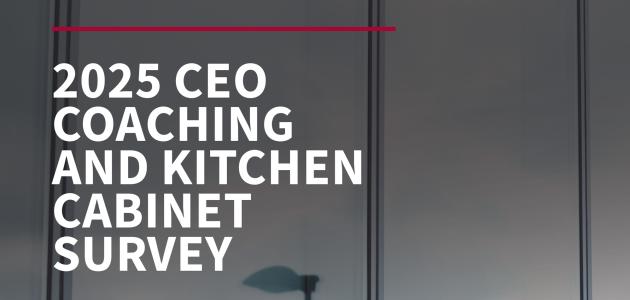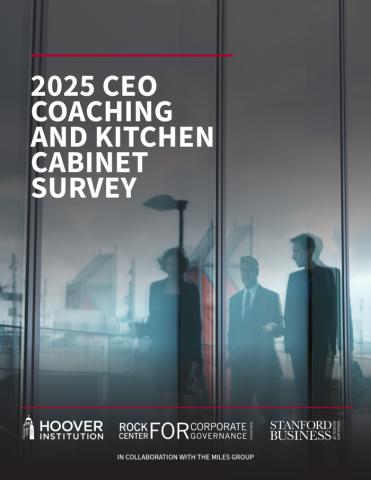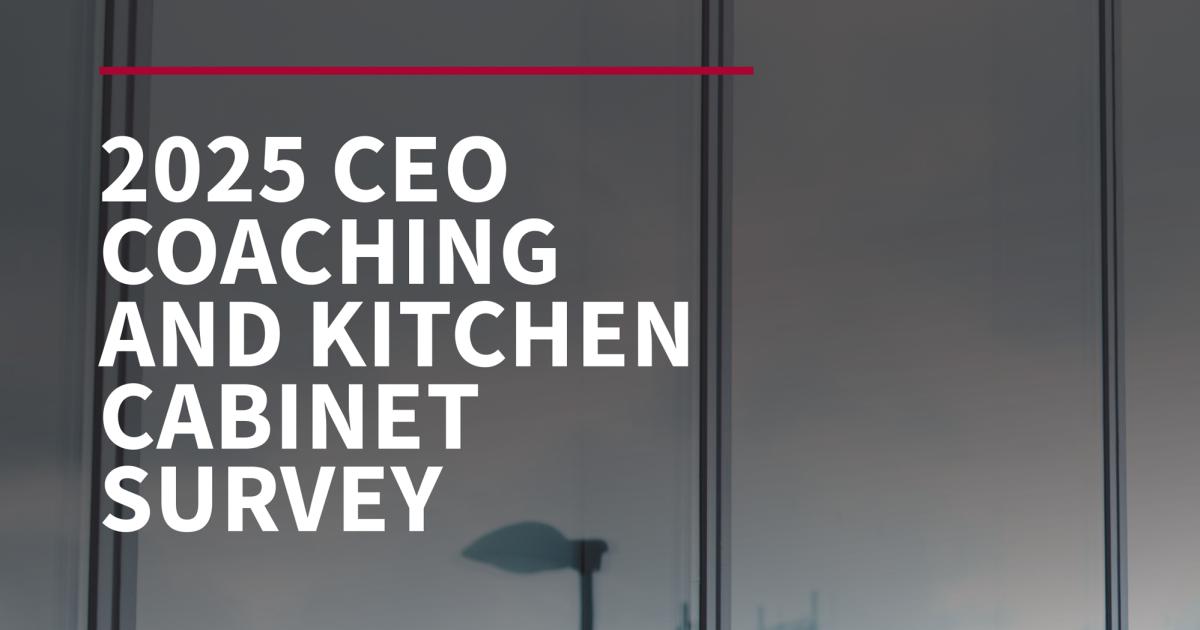Hoover Institution (Stanford, CA)—Half of all CEOs employ a professional coach to help them hone their leadership skills, and more than 80 percent maintain a “kitchen cabinet” of informal advisors to help them make decisions.
This is according to a new survey undertaken by scholars from the Stanford Graduate School of Business, Arthur and Toni Rembe Rock Center for Corporate Governance, the Hoover Institution’s Governance of Organizations Working Group, and The Miles Group.
More than 90 percent of CEOs surveyed indicated they use either a professional coach or a network of informal advisors, demonstrating that the role of a modern CEO is changing and corporate leaders are expected to seek external insights when making decisions, according to report coauthor and Hoover Senior Fellow Amit Seru.
“The mainstream adoption of coaching reflects how the role of CEO has evolved from being the ultimate authority in an organization to a leader who leverages external insights to drive better outcomes,” said Seru, who is also the Steven and Roberta Denning Professor of Finance at the Stanford Graduate School of Business. “CEOs are seeking input because they want to move faster, stay sharp, and avoid blind spots. Their success increasingly hinges on who they trust and invite into their inner circle.”
During the spring of 2025, Seru alongside coauthors David Larcker, a Hoover Distinguished Visiting Fellow, who cochairs the Governance of Organizations Working Group, Stephen Miles, and Bryan Tayan surveyed 90 current and former CEOs to understand how they rely on paid and informal advisors to improve their work performance.
They found that 58 percent of all CEOs surveyed “had received coaching from a paid professional” to support their development as a leader, with almost all respondents describing their coach as a professional coach or a strategy consultant.
Seventy-three percent of respondents said they came up with the idea to hire a professional coach themselves, while 13 percent said the idea came from their board of directors. Fourteen percent of respondents said the idea was formulated jointly by themselves and their board.
Fifty-six percent of respondents who said they had a paid professional coach said they met with them at least monthly, while 24 percent said they met with their coach quarterly.
Respondents indicated they discussed a wide variety of topics with their coach, with the top three being personal development and growth, discussing leadership issues, and issues related to their organization’s structure.
Even more vital to today’s CEO is the “kitchen cabinet” of informal advisors they turn to when making major decisions, according to the survey’s findings.
A full 82 percent of respondents indicated they have a kitchen cabinet of three to five or even more former colleagues, friends, family members, former classmates and/or subordinates they consult when making decisions, with the most discussed topics again being leadership, personal development and growth, and organizational structure issues.
Many of the corporate leaders who use informal advisors have been doing so for long periods of time.
Eighty-seven percent of respondents who indicated they have an informal advisor network said they have had one for between 10 and more than 20 years.
Across both paid professional coaching and informal advisor networks, respondents indicated differing levels of satisfaction with the results.
For professional coaches, 69 percent of respondents who used one said they were “extremely” or “very satisfied.”
For informal advisors, 91 percent of respondents who have one said their advice was “extremely” or “very” helpful.
Seru says these networks of advisors and coaches fill a role that boards of directors and other more formal bodies just can’t fill.
“Boards are essential, but their oversight role can limit open dialogue with the CEO.”
In the future, Seru said he anticipates that board members themselves may cultivate advisors and coaching relationships to help them better perform in their respective roles.
“Looking ahead, we expect boards themselves will need to think more deliberately about how they too broaden their aperture—whether by cultivating their own informal networks or by tapping expertise in emerging domains like AI that are reshaping competitive advantage and governance alike.”







